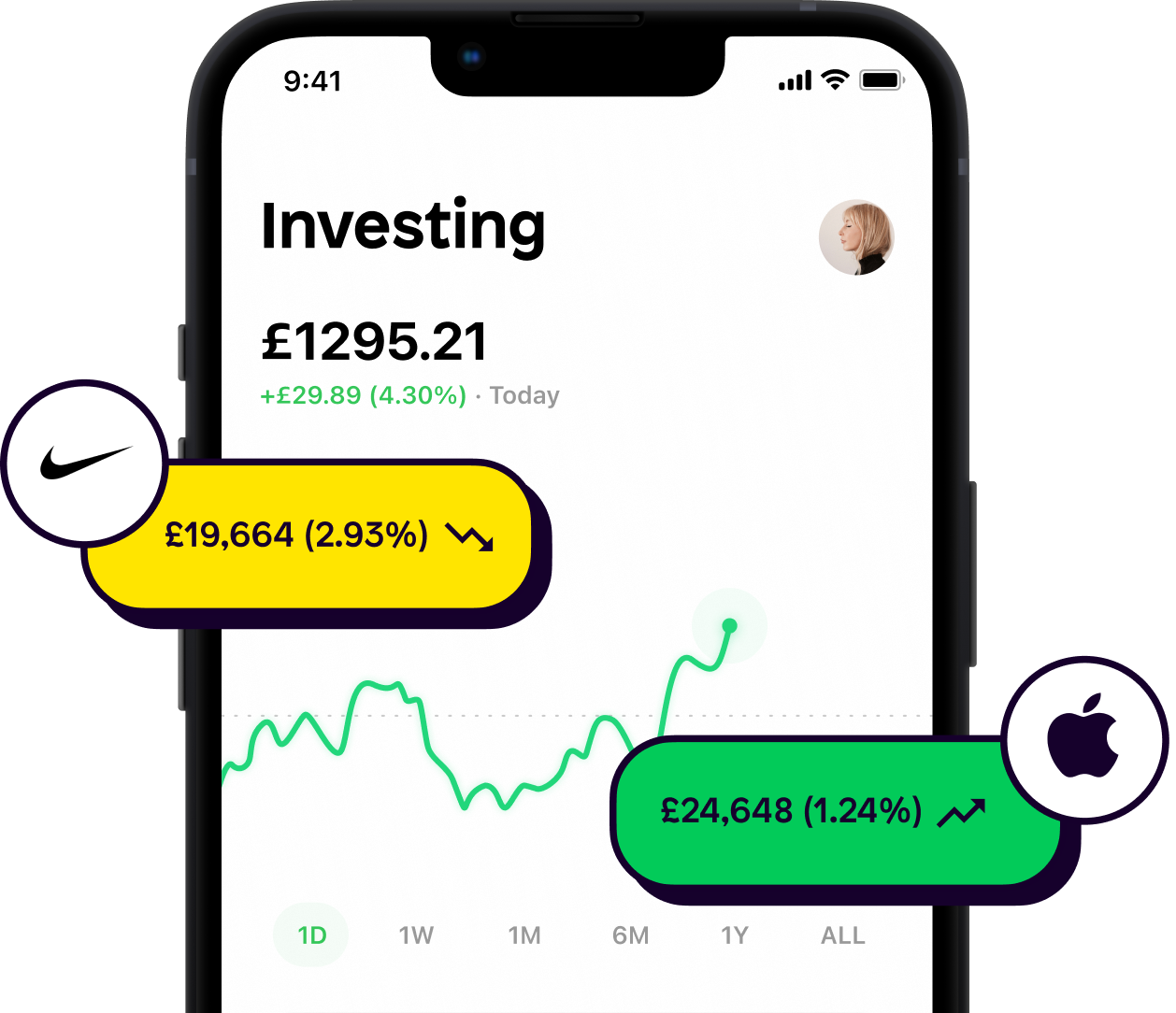But, there is some good news for stock market lovers - January has been found to be one of the strongest performing months. This is known as the "January Effect”, and relates to stock market prices being higher in January (on average) compared to every other month in the year. Rejoice January haters!

Why does the January Effect occur?
We can't be certain, but here are some possible explanations, mainly to do with investor psychology.
New Year’s resolutions - a common New Year's resolution is money management, where people start investing. This could explain why more money is invested into the stock market, driving up stock prices. After all, more stocks bought equals higher stock prices. Good old supply and demand.
Bonuses - it's been found that employees are less likely to spend a bonus the same way as their usual salary. A bonus has a higher chance of being invested, also resulting in more money in the stock market during bonus months, which typically tends to be at the end December.
Re-buying stocks in January - wait a sec, why would people sell their stocks only to re-buy them a month later? Well, for tax reasons! 'Tax-loss selling’ (or harvesting) is a strategy some investors use to reduce taxes on their profitable capital gain investments. The fewer profitable investments a person has, the less tax they need to pay. Sneaky, but legal!
Self-fulfilling prophecy - if enough people believe the effect and act accordingly, it's likely to happen.
Some of these possible explanations looking familiar? Scoop fans will know these may also be explanations for why the Santa Claus rally takes place.
🤓 Nerd moment - although people assume this effect influencers larger stocks like those in the S&P 500, it’s actually small-cap stocks that are more sensitive to this change as it takes a lot less market activity to impact these stocks; for better or for worse.
Can I profit during the January Effect?
Making short-term trades, trying to exploit the effect is risky. Whilst there is evidence the stock market increases in January, there's no telling which companies will increase in price, or which day it'll happen. Always carry out diligent research!
A long-term investor may be wise to treat January as they would any other month, sticking to dollar-cost averaging.
Criticisms of the January Effect
The January Effect has been criticized by numerous people, including Burton Malkiel, a former Director of the Vanguard Group, who argues that seasonal anomalies don't provide investors with opportunities. He also suggests that if enough people know about the January Effect, it automatically becomes priced into the market, nullifying it altogether.
As with any investment, it's important to do your own research and carefully consider your risk tolerance before making any investment decisions.
So, what do you think of the January Effect? And are you bullish or bearish for this January? Let us know in one of our communities inside the Shares app!
Follow us on our socials 👇
As with all investing, your capital is at risk.
Shares is a trading name of Shares App Ltd. Shares App Ltd is an appointed representative of RiskSave Technologies Ltd, which is authorised and regulated by the Financial Conduct Authority.











